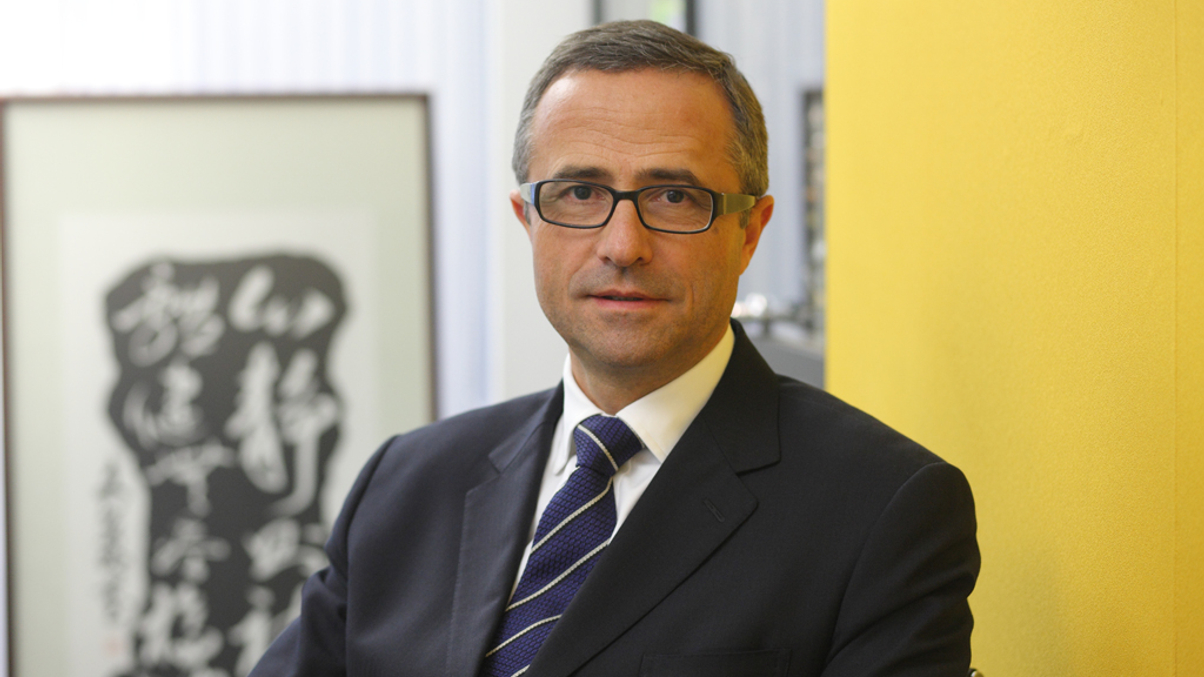Pictet’s Haberer points politely to grand Asia plan
Asia-Pacific chief Claude Haberer discusses the Swiss private bank's new HKMA branch application and hiring intentions as the firm finally gets serious about regional growth.

You know the world of private banking is finding its voice when the Asia head of conservative Swiss firm Pictet & Cie says of his regional expansion plans: “I want an army, not just of generals, but of soldiers.”
Sign in to read on!
Registered users get 2 free articles in 30 days.
Subscribers have full unlimited access to AsianInvestor
Not signed up? New users get 2 free articles per month, plus a 7-day unlimited free trial.
¬ Haymarket Media Limited. All rights reserved.


